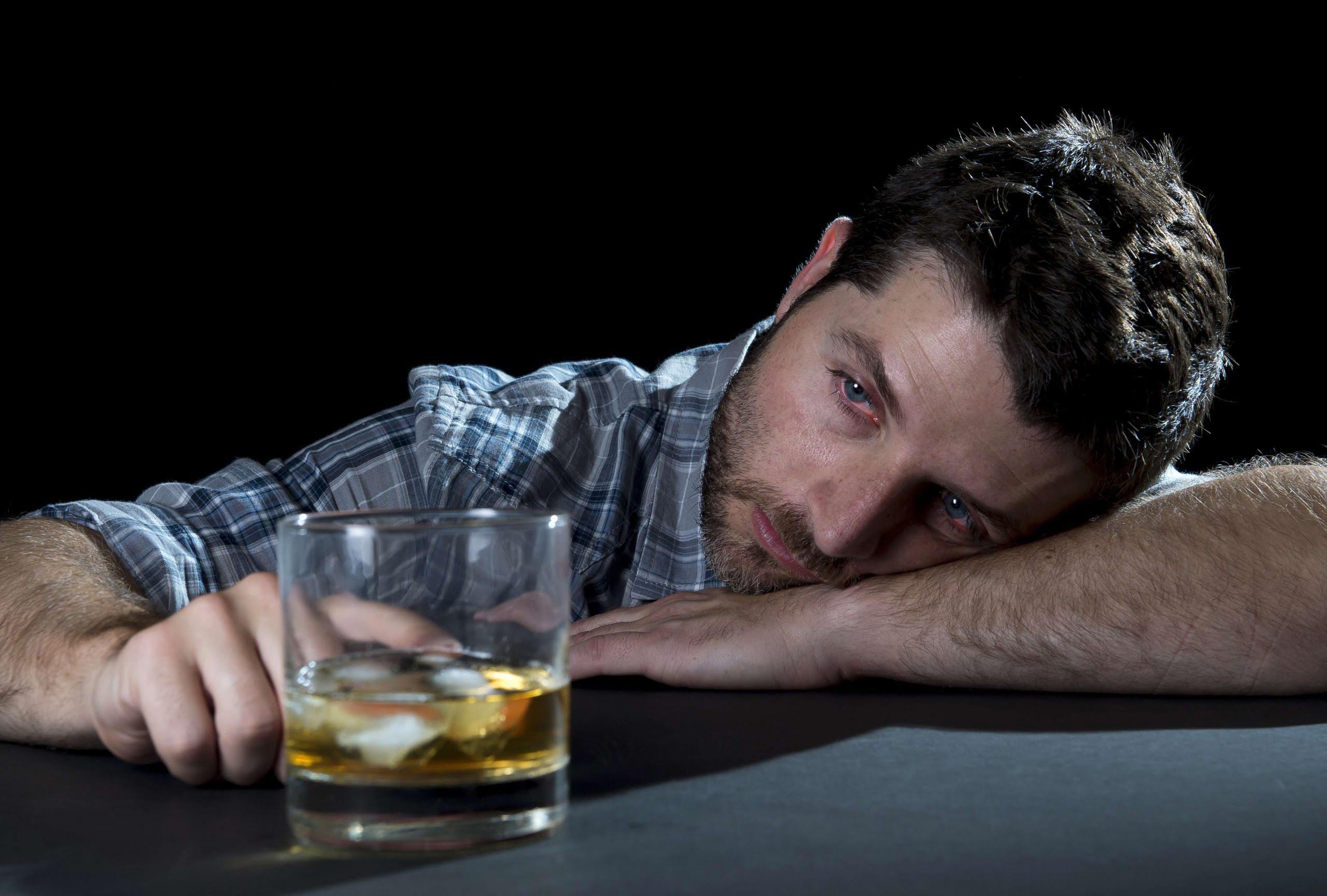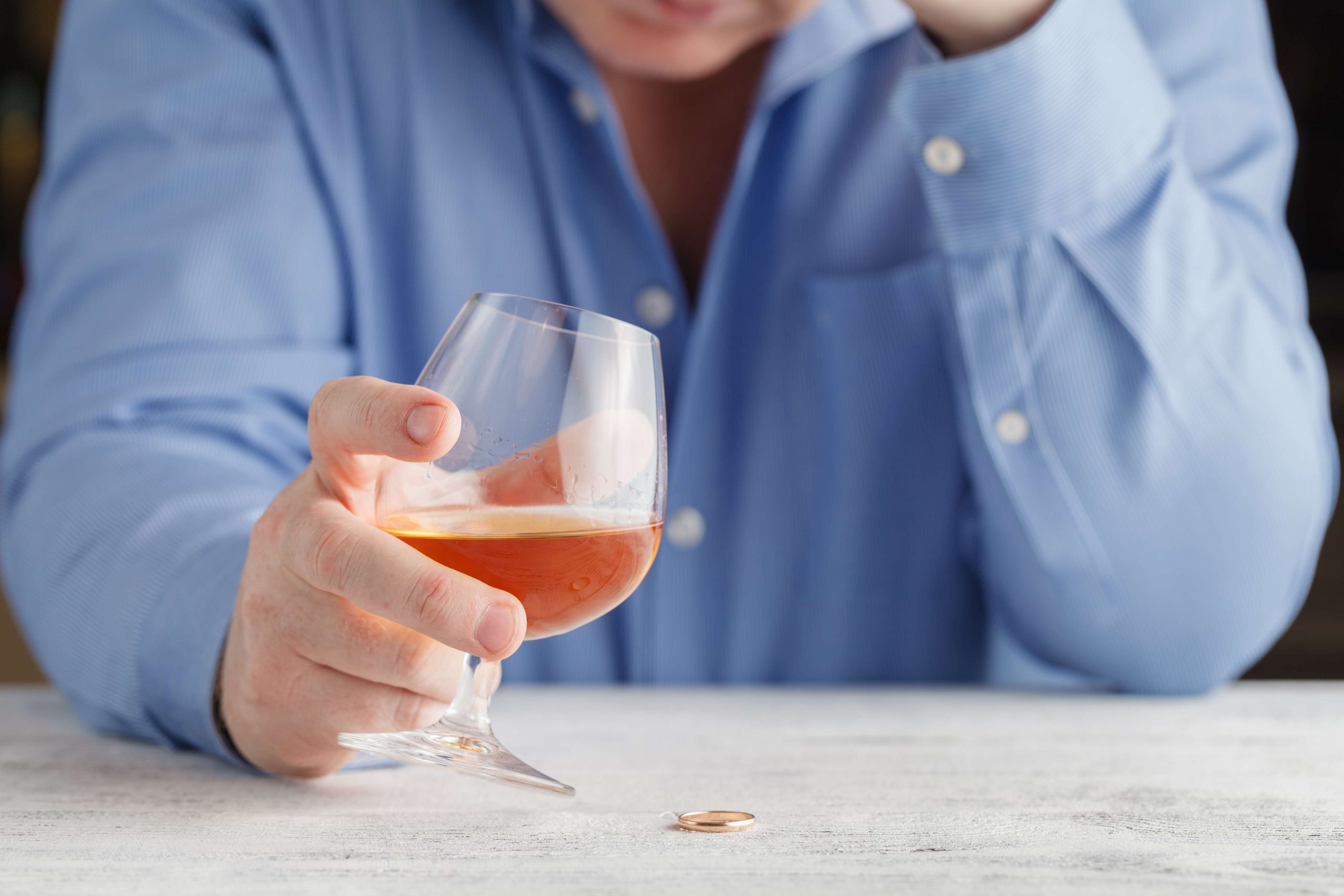While drinking water cannot prevent hangovers entirely, it can help alleviate some of the symptoms by preventing dehydration. Alcohol can interact with certain medications, affecting their absorption and metabolism. In pharmacokinetic interactions, alcohol interferes with the normal metabolism of the medication by competing for breakdown by the cytochrome P450 enzymes in the liver. This delay in breakdown and excretion of medications can lead to potential adverse effects or interactions with alcohol. Additionally, the CYP2E1 activity level of an individual can influence their susceptibility to alcohol-medication interactions.
The Role of Art Therapy in Addiction Recovery
The rate of alcohol metabolism varies depending on several factors, including age, biological gender, liver health, and ADH levels. Older adults tend to have lower volumes of total body water, which can slow down alcohol metabolism. Alcohol tends to stay in women’s bodies longer due to a higher percentage of body fat and less water.
Can drinking water help prevent hangovers?
- Coffee is a stimulant that can make you feel more alert, but it does not reduce the level of alcohol in your bloodstream or speed up the elimination process.
- One of the best ways to help your body recover is to flush out the alcohol by drinking plenty of water.
- Drinking water helps to slow down the absorption of alcohol into the bloodstream.
- It is also important to avoid drinking coffee, tea, or energy drinks because these beverages can contain trace amounts of alcohol that could lead to a false positive on a drug test.
- Instead of focusing on ways to quickly flush alcohol from the body, it is more important to prioritize sustainable recovery and moderate drinking.
While some may provide temporary relief, none of them can remove alcohol from your body faster. It’s always best to focus on natural methods like hydration, rest, and balanced meals. After a night of drinking, many people search for ways for flushing alcohol out of their system quickly. Whether it’s due to an upcoming event, work obligations, or a general desire to feel better, people often turn to a variety of methods in hopes of speeding up the process. Unfortunately, there are a lot of myths out there about how to get alcohol out of your system faster. The odor comes from alcohol being metabolized in your body and released through breath and sweat.
Should you drink water before or after consuming alcohol?

Finally, exercising regularly can also help flush out toxins from the body that are caused by consuming too much alcohol in a short period of time. Exercise increases circulation which helps get rid of toxins faster Substance abuse and increases oxygen intake which helps restore balance to your system after a night of drinking. Exercise also releases endorphins which can make you feel better overall even if you have had too much to drink. It is possible for drinking large amounts of water to help reduce the concentration of alcohol in the blood stream.
The most effective way to eliminate how to flush alcohol from urine alcohol is to give your body time to metabolize it naturally. Eating can help to flush alcohol out of your system, as it can help to reduce the amount of alcohol in your bloodstream. Eating can help to absorb some of the alcohol in your stomach and reduce the rate at which it is absorbed by your body. Eating a healthy meal with plenty of carbohydrates and proteins can help to reduce the effects of alcohol, as it can help to slow down the absorption of alcohol into your bloodstream.

During the detox process, the liver breaks down most of the alcohol, with a small amount also eliminated through urine, sweat, and breath. While the liver typically processes alcohol in about an hour, heavy drinking can overwhelm the liver, leading to intoxication. The National Institute on Alcohol Misuse and Alcoholism (NIAAA) states that the liver processes alcohol at a rate of one drink per https://ecosoberhouse.com/ hour. This means that it can take three to seven hours to metabolize and eliminate one to four drinks.
- For example, older people typically have a slower metabolism than younger people, which means it may take them longer to metabolize alcoholic beverages.
- Drinking alcohol can cause low blood sugar, so it’s important to balance it out by eating.
- The liver eliminates alcohol at a fixed rate and there is no magic juice, pill, or shortcut that can accelerate that process safely.
It can help reduce the effects of a hangover, support the body’s natural metabolism and elimination processes, and help keep dehydration at bay. By drinking plenty of water before, during, and after consuming alcohol, you can be sure to take care of your body and enjoy your time responsibly. It can reduce the effects of a hangover, help the body process and eliminate alcohol, and reduce the risk of dehydration. It is important to drink plenty of water before, during, and after drinking to ensure that it has a positive effect on the body. While there is no guarantee that drinking water will completely eliminate the effects of alcohol, it is definitely an important part of managing alcohol consumption safely and responsibly.

What Are the Signs of Dehydration
Eating before drinking can also help slow the absorption of alcohol into your bloodstream, but eating after drinking will not affect your drunkenness. Consuming nutrient-dense foods, such as complex carbohydrates, can help alleviate nausea and increase blood sugar levels, which tend to drop after drinking alcohol. Additionally, drinking carbonated beverages will speed up the absorption of alcohol, causing you to get drunk faster but also metabolize the alcohol more quickly. Drinking water and replenishing electrolytes can help alleviate some of the negative effects of drinking, including hangovers, but it does not speed up the elimination of alcohol from the body. Similarly, while eating before, during, or after consuming alcohol can help to slow down the absorption of alcohol, it does not change how quickly the alcohol itself is metabolized. The simple answer is no, drinking water alone does not flush out alcohol from the body.